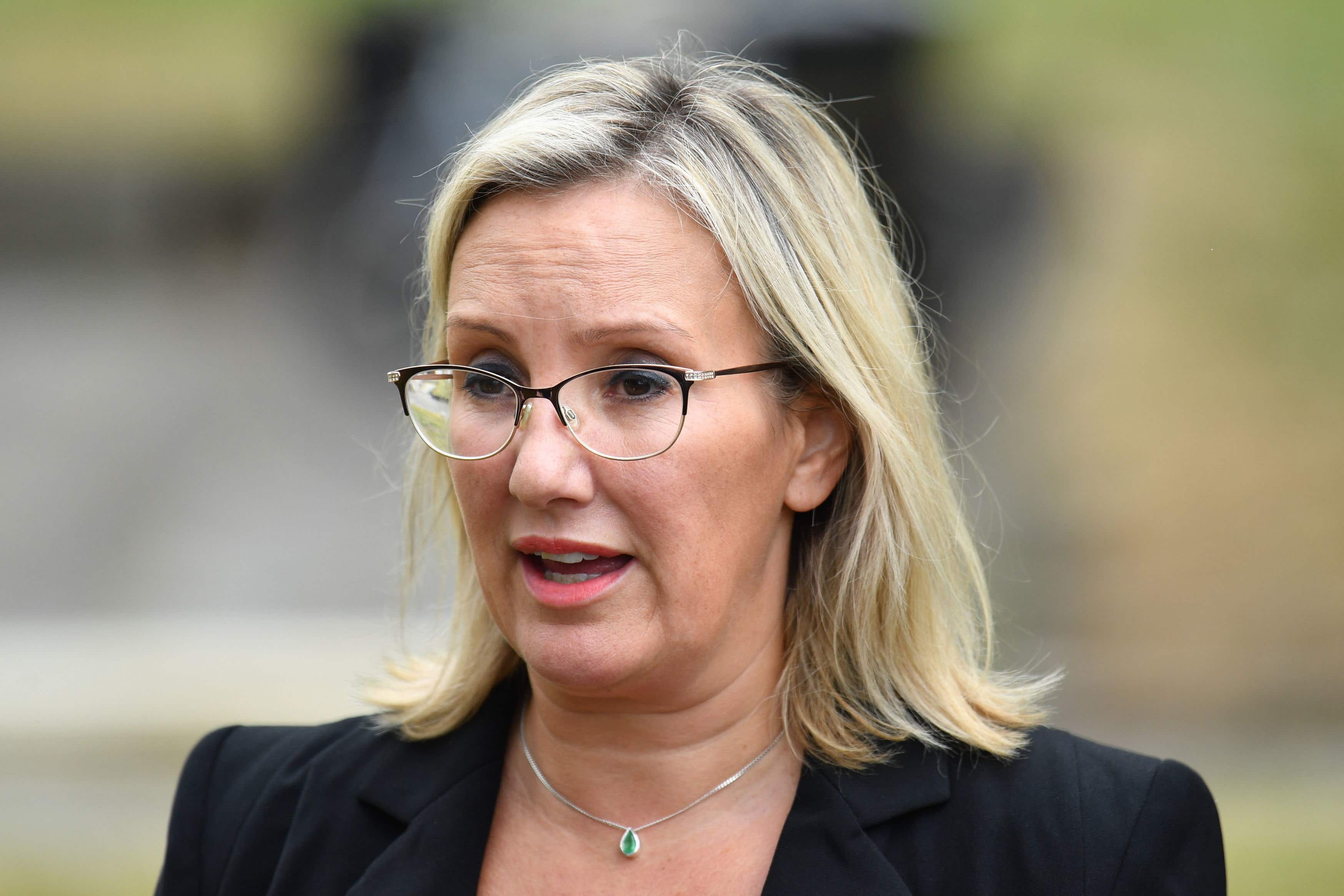Promotion of crypto assets in sport poses risks to clubs and fans, MPs warn
The Culture, Media and Sport Committee is recommending the Government take steps to reduce the risk to those who deal in NFTs and other crypto assets

Your support helps us to tell the story
From reproductive rights to climate change to Big Tech, The Independent is on the ground when the story is developing. Whether it's investigating the financials of Elon Musk's pro-Trump PAC or producing our latest documentary, 'The A Word', which shines a light on the American women fighting for reproductive rights, we know how important it is to parse out the facts from the messaging.
At such a critical moment in US history, we need reporters on the ground. Your donation allows us to keep sending journalists to speak to both sides of the story.
The Independent is trusted by Americans across the entire political spectrum. And unlike many other quality news outlets, we choose not to lock Americans out of our reporting and analysis with paywalls. We believe quality journalism should be available to everyone, paid for by those who can afford it.
Your support makes all the difference.The promotion of crypto assets in sport has put supporters at risk of financial loss and could damage clubs’ reputations, a cross-party Commons scrutiny committee has found.
The Culture, Media and Sport Committee is urging the Government to take steps to protect consumers, artists and organisations such as sports teams from the potential financial and reputations harms of non-fungible tokens (NFTs).
The “most pressing issue” related to the technology is the risk to intellectual property, the committee said, warning the speed at which copyright infringement is being addressed is lagging behind how quickly the materials are produced, causing confusion and a lack of legal certainty for consumers.
But the committee put a particular focus on how the technology is being used by sports teams.
An NFT is a unique digital identifier for an asset such as an image or video, recorded using blockchain technology, intended to certify authenticity and ownership.
Artists are at risk of seeing the fruits of their hard work pinched and promoted without permission
The technology creates an asset by guarding against replication, in theory producing a similar one-of-a-kind ownership model as you would get from a non-digital original artwork but for digital collectable art.
The committee’s report on NFTs acknowledged they do offer potential benefits, but warned that while their use had peaked in the first six months of 2022, anticipated benefits are “yet to be meaningfully realised” and concerns remain.
Committee chairwoman, Conservative MP Dame Caroline Dinenage, said: “Traditional regulatory regimes have failed to protect both creatives and consumers caught up in the volatile new crypto world.
“Artists are at risk of seeing the fruits of their hard work pinched and promoted without permission while fraudulent and misleading adverts add an extra layer of jeopardy for investors involved in what is already an inherently risky business.
“The Government must make sure that everyone in the crypto chain is working to properly protect consumers and the rights of creators.
“In the world of sport, clubs are promoting volatile crypto asset schemes to extract additional money from loyal supporters, often with promises of privileges and perks that fails to materialise.”
The unique relationship between clubs and fans means that fan speculation on sport-based crypto assets carries a real risk of financial harm to fans
A number of top sports teams have sold NFT collections to fans, as well as so-called fan tokens, which are another form of blockchain-based asset and which are marketed as offering access to perks and rewards to owners.
But the committee said it heard criticisms that some fan tokens are not delivering on promised benefits of fan engagement and can suffer from price volatility.
It has recommended fan tokens are explicitly excluded from any measure of fan engagement expected to be included in forthcoming regulation of football.
“The unique relationship between clubs and fans means that fan speculation on sport-based crypto assets carries a real risk of financial harm to fans and reputational harm to club,” the report warns, saying NFTs pose “little to no financial risk for clubs” but “have proven to be inherently risky for fans”.
The MPs warn that NFT marketplaces more broadly have the potential to infringe on the intellectual property of artists with little hope of recourse and redress.
The committee is recommending the Government engages with them to ensure consumers are protected and copyright holders can enforce their rights, with a call for a code of conduct for such platforms operating in the UK to prevent fraudulent material being sold.
The MPs also warned NFT advertising “may be misleading or even fraudulent”, and are calling for a ministerial-led taskforce to review their marketing and that of other crypto assets “to address the prevalence of misleading and fraudulent ads”.
A spokesperson for Socios, which has partnerships with Tottenham Hotspur and other Premier League clubs, and has been described as the world’s biggest provider of fan tokens, said: “Fan token holders received more than 24,000 matchday tickets and over 1,000 items of merchandise last season, and continue to engage with their club in a unique new way.
“Fan tokens offer new and complementary benefits to clubs’ traditional fan engagement beyond the boundaries of geography, and unlike NFTs, are regulated by the Financial Conduct Authority.”